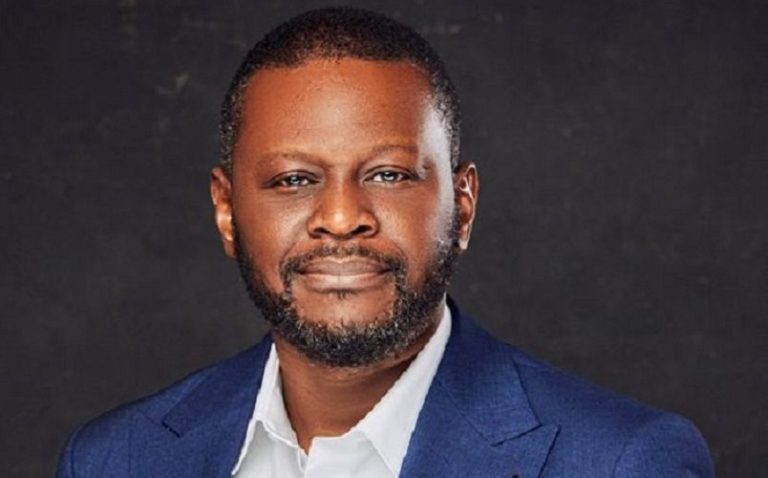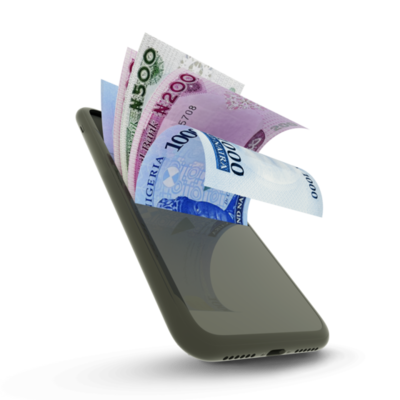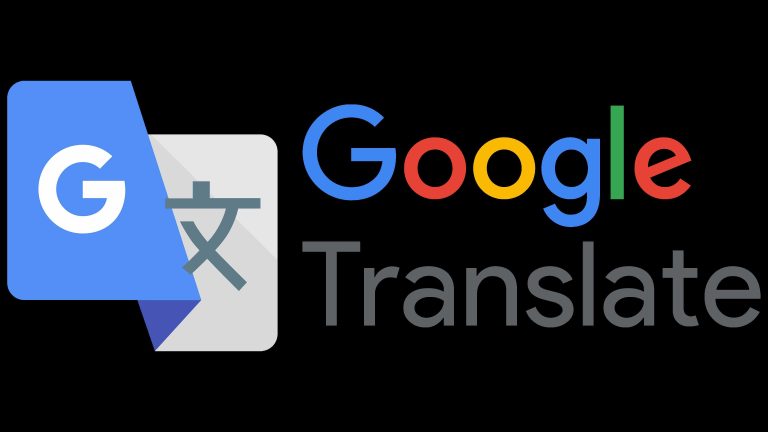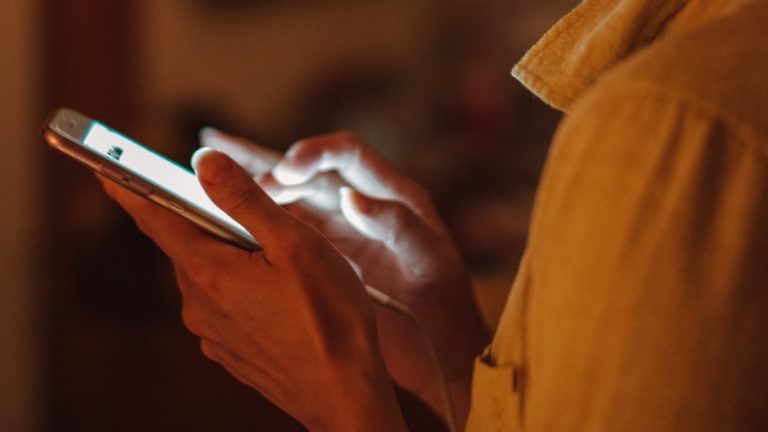Nuhu Ribadu, the National Security Adviser (NSA), has stated that the negative use of social media poses significant local and global threats.
This comes as fake news remains a major concern in Nigeria, with the country struggling to combat misinformation and disinformation.
Speaking at a meeting with spokespersons from organisations under the Strategic Communication Interagency Policy Committee, he stated that spokespeople in the security sector must address the use of the media and social media platforms in causing division between citizens and governments at various levels.
Ribadu directed media managers in defence, security, and response agencies to implement a new strategy for public engagement and counter-disinformation.
“Across the world, we have also assessed the adept use of social media platforms by those who seek power to shape public opinion against citizens. This threat is both global and local and presents an immediate national security priority.
“The urgency to prepare and be proactive in our national security strategic communication management is now, and the spokespersons have a critical role to play,” the NSA shared.
Ribadu harped on the need for the spokespersons to work together and coordinate their actions to deny terrorist groups and criminal entities media attention.
Remember that the Nigerian government has tried several times to regulate the use of digital platforms, including social media. Senator Bala N’Allah sponsored a bill in 2015 that criminalised “frivolous petitions” and proposed harsh penalties, including up to two years in prison, a $10,000 fine, or both, for individuals found guilty of posting “abusive statements” on social media or via text message.
This bill sought to regulate digital platforms, including social media, and limit online speech, but it was criticised for potentially violating freedom of expression.
Furthermore, in 2019, the government attempted to regulate the use of digital platforms by introducing a bill titled “Protection from Internet Falsehoods, Manipulations, and Other Related Matters Bill.”
The bill attempted to give the Nigerian Communications Commission (NCC) the authority to order internet service providers (ISPs) in Nigeria to block access to identified users. However, due to the negative responses, the bill was withdrawn.
Meanwhile, Nigeria had 103.0 million Internet users at the start of 2024, with internet penetration at 45.5%. In January 2024, the country had 36.75 million social media users, which accounted for 16.2 per cent of the total population.













+ There are no comments
Add yours